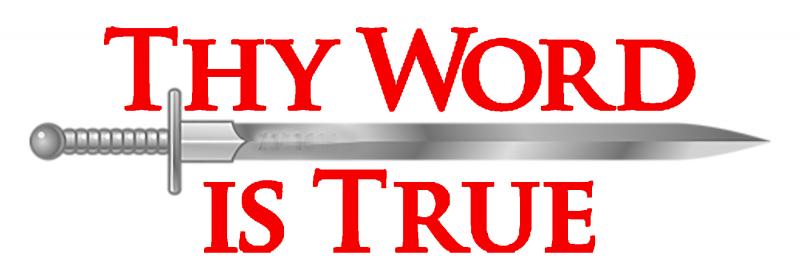
There is nothing wrong with being involved in positive ways to bring about positive change. A huge problem develops, however if we a exercising the character defect of “controlling.” Our American society is saturated with a many addictions; it may be as high as 80% of our society is either addicted to something or is affected by a family member who is. Wanting to be in control, controlling events and other people is a very common character trait among this group and when exhibited causes more harm than good. As a matter of fact, controlling behavior is highly destructive to relationships.
As a recovering addict, one of the first things I had to face was giving up control of others and my own life. I tried to control pretty much everything, primarily because I did not trust anyone but me. I believed to give up control would leave me really vulnerable to ...



